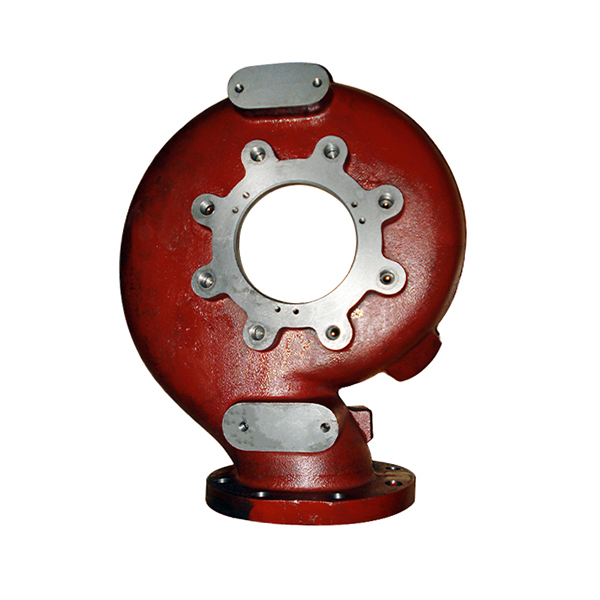Mobile:+86-311-808-126-83
Email:info@ydcastings.com
impeller in centrifugal compressor
The Role of the Impeller in Centrifugal Compressors
Centrifugal compressors are widely used in various industrial applications due to their efficiency and effectiveness in compressing gases. At the heart of these compressors lies the impeller, a crucial component that directly influences performance, efficiency, and reliability. Understanding the role of the impeller in centrifugal compressors is essential for engineers and practitioners in the field.
The impeller is a rotating device that converts mechanical energy into kinetic energy. In centrifugal compressors, this transformation occurs as the impeller blades rotate rapidly, drawing in gas from the inlet and imparting velocity to it. The centrifugal force generated by the rotating impeller causes the gas to move outward, increasing its pressure as it exits the impeller.
Designing an efficient impeller involves careful consideration of several factors. First, the geometry of the blades plays a significant role in determining the compressor’s performance. Blade shape, angle, and spacing are critical for optimizing the flow of gas through the compressor. Engineers often utilize computational fluid dynamics (CFD) simulations to predict how changes in blade design will affect performance.
Another important aspect is the material used for the impeller. Given the high rotational speeds and energy levels involved, impellers are typically made from high-strength materials that can withstand significant stresses. Common materials include aluminum, stainless steel, and advanced composites, each chosen based on the specific operating conditions and requirements of the application.
impeller in centrifugal compressor

Efficiency is a key performance metric for centrifugal compressors, and the impeller significantly impacts this parameter. A well-designed impeller can achieve high efficiency by minimizing energy losses due to turbulence and friction. This is particularly important in applications where energy costs are a significant concern. Improvements in impeller design can lead to enhanced overall system efficiency, thus reducing operational costs.
Maintenance of the impeller is also vital for the longevity and reliability of centrifugal compressors. Over time, impellers can suffer from wear and tear due to the high-speed operation and the abrasive nature of the gases being compressed. Regular inspection and maintenance are necessary to identify any signs of damage, such as erosion or cracking, and to ensure that the impeller functions optimally.
In recent years, advancements in technology have led to the development of more advanced impeller designs. Innovations such as variable geometry impellers allow for better control over the compression process, adapting to changing operating conditions to maintain efficiency. Additionally, the integration of sensor technology helps in real-time monitoring of impeller performance, providing valuable data for predictive maintenance.
In conclusion, the impeller is a vital component of centrifugal compressors, playing a critical role in the conversion of energy and impacting the overall efficiency of the system. Through careful design considerations and advancements in technology, engineers can optimize impeller performance to meet the demanding needs of various applications. As industries continue to seek more efficient and reliable compression solutions, the importance of the impeller in centrifugal compressors will only grow. Understanding its function and ensuring proper maintenance will remain crucial for achieving optimal performance and sustainability in gas compression processes.
-
Understanding Metal Casting TechniquesNewsApr.02,2025
-
Understanding Exhaust Manifolds for Enhanced Engine PerformanceNewsApr.02,2025
-
The World of Metal FabricationNewsApr.02,2025
-
Key Components for Pump and Turbo EfficiencyNewsApr.02,2025
-
Essential Tools for Automotive Maintenance and RepairNewsApr.02,2025
-
Durable Valve Components for Effective Water ManagementNewsApr.02,2025











